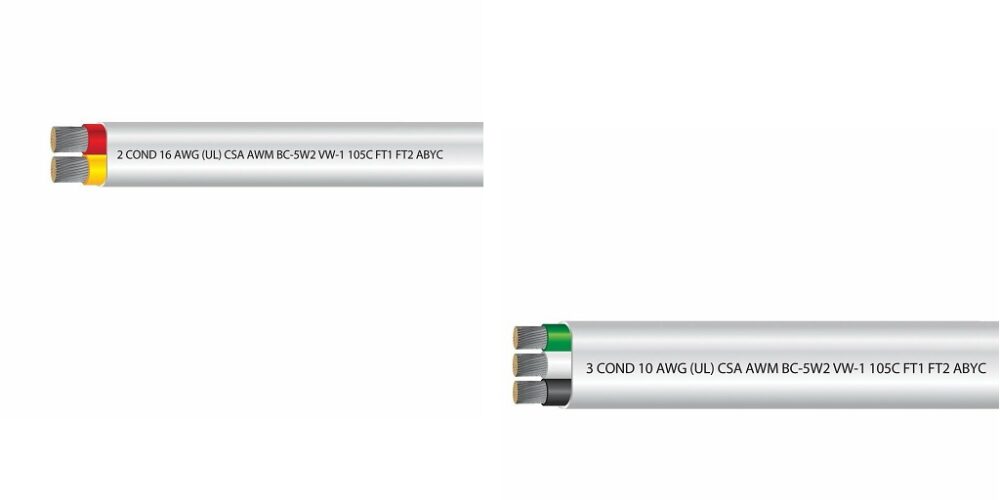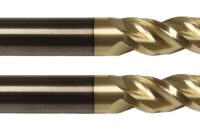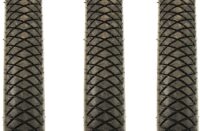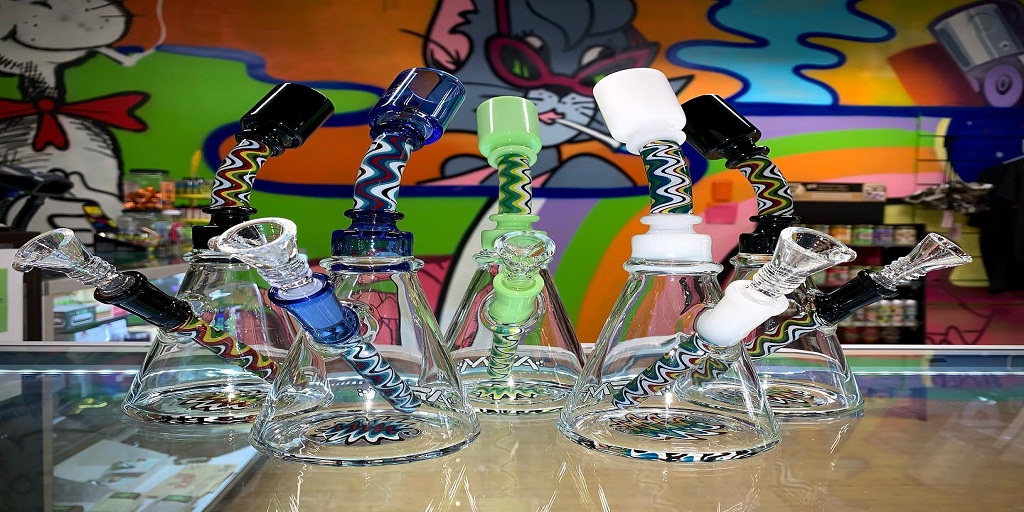Having a boat is a dream come true. Unlike cars that are generally tied to roads and lanes, boats allow you to go to the open seas and set your own route. However, it does not mean boat owners should not follow any rules. In fact, boats impose an incredibly high degree of responsibilities upon owners and failing to observe some basic rules usually results in extremely high repair and maintenance expenses.
So, here are 4 basic maintenance tips for boat owners
Keep Everything Clean
This sounds like a no-brainer and an easy-to-follow rule. However, there are tasks specific for boat owners that go beyond tidying up the deck and hull.
The marine environment is extremely harsh on any material you dip in it. Basic hull maintenance is important to prevent the fiberglass gel coat from oxidizing and turning into an unsightly chalky mess. So, it is important to wash it and wax it regularly to preserve hull integrity and reduce costs in the long run.
Dirt is hard to keep out of an open boat and nothing is safe from it. It gets everywhere no matter how tightly you think you sealed every lid and hatch. But the real problem is that, in marine environments, dirt allows for mildew and mold to grow, so you need to make sure you perform regular maintenance cleanings if you want your canvas and upholstery to last.
Lastly, a filthy bilge is the last thing you’d want. Dirt can clog up your bilge pumps and force you to go manual in situations where your hands are needed elsewhere. Moreover, a dirty bilge makes it difficult to spot fuel or oil leaks.
This brings us to:
Engine Maintenance
This might sound so obvious you´d think it´s stupid, but here it goes: Always keep a clean copy of your engine´s owner manual at hand. This will give you step-by-step maintenance procedures, help you schedule regular check-ups, and keep you out of trouble in many situations.
However, you can also follow some simple rules like staying away from ethanol blends. Always go where other boaters go when trying to get fresh gas. If you have no choice, try to stay below 10% ethanol as marine engines are not certified to run on ethanol.
Take fuel oxidation into account. Storing gasoline for more than two weeks is dangerous as it begins to form deposits in the fuel system. You can prevent this by adding fuel stabilizer additives and installing a 10-micron fuel filter, which can also keep water and fuel separated.
Install Marine Batteries And Cables
Regular engine cranking batteries seem solid and well built, but they tend to lose the battle against elements real fast. Don´t wait until they fail on you because they tend to do so at the worst possible time. Replace them with a marine battery with thicker corrosion-resistant plates and a design that can withstand rough environments and violent rocking.
Also, make sure you replace all your wiring with proper connections. Use 8 AWG marine battery cables that can reliably transport current with minimum power loss. EWCS offers incredibly robust 8 AWG marine battery cables with high strand counts for maximum flexibility and stability, even in the presence of relentless vibration. Their strands are individually tinned, making them virtually impervious to corrosion, and EWCS Wire provides tin-plated solderless crimp connectors with insulated jackets for fast installation and maintenance and increased stability.
Learn more about their marine electrical supplies and wires by visiting their website or contacting them directly at [email protected].












